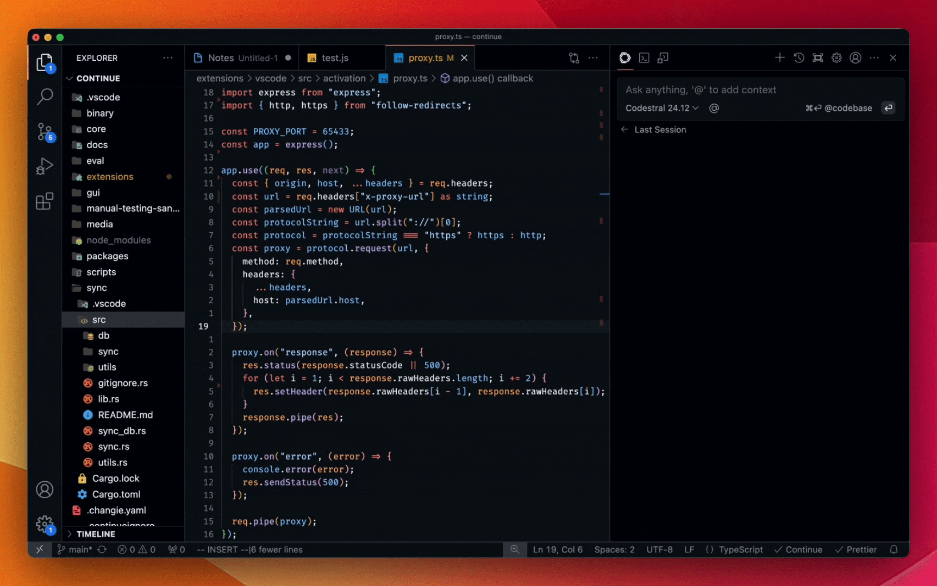Generative AI has become a paradigmatic overnight success, delivering advancements and solutions at an unprecedented pace and positively impacting the lives of millions in ways previously unimaginable. Generative AI solutions have proven their worth in helping people bring their imagination to life; one example is Adobe Firefly, which has helped people generate over 6.5 billion images worldwide since its introduction in March 2023. Partly motivated by Adobe Firefly's success, new Adobe research reveals that more than half of Americans have tried generative AI in the past year, and over 80% anticipate it will help them be more creative. Moreover, in a surprising turn of events for a fairly recent technology, Americans across all demographics report being familiar with generative AI.
Americans are generally enthusiastic about generative AI's potential benefits. More than 80% are confident that it will make life easier and over half believe generative AI can help them learn a new skill. E-commerce appears as a compelling application for generative AI, with 41 percent of people expecting brands to integrate generative AI in their customer experiences already, and over half find brands' current use of generative AI helpful. The pull is so strong, that almost half of the survey respondents agree they are more inclined to shop with brands already leveraging generative AI on their websites. Moreover, 58% of respondents find that gen AI has already positively impacted their online shopping experience. Adobe Analytics data shows 304% year-over-year traffic growth to retail sites and 553% to travel sites from generative AI tools.
Additional findings reveal that generative AI has improved the lives of Americans across the board. Most respondents (81%) use generative AI in their personal lives, followed by work (30%) and school (17%). Beyond shopping, popular personal uses include research or brainstorming (64%), creating written drafts (44%), visuals and presentations (36%), summarizing text (31%), images or art (29%), and coding (21%). While 82% think generative AI enables more creativity, 72% believe it can never fully match human creativity. Looking into the future, respondents are most excited about AI helping them learn new skills (43%), make shopping easier (36%), access better customer support (33%), create content for social media (18%), and provide coding assistance (14%). Over 70% think AI-generated virtual product try-ons can boost purchase confidence, and two-thirds of respondents agree with retailers using shopping history and other data to make shopping experiences more personalized.
Other key areas of opportunity identified by the survey include customer service, where 65% of respondents are confident that AI can help provide faster and better customer service, deliver personalized interactions (48%), and drive the costs of products and services down (44%). In retail, those surveyed would like to see brands working to offer needs-based product filtering (90% interest), custom product design (88%), review summaries (90%), chatbots for customer service (87%), and virtual personal shoppers (82%). For travel, appealing applications include pricing comparisons (93% interest), finding amenity hours (90%), and nearby services such as pharmacies, parking, and food (90%). Finally, when booking services online, generative AI is considered most helpful for finding hotels (53%), flights (47%), travel options combinations (42%), restaurants (42%), cars (37%) and excursions (35%).
Overall, Adobe's findings reveal that people are encountering new and meaningful ways to unlock their creativity and simplify their lives with the assistance of generative AI.





Comments